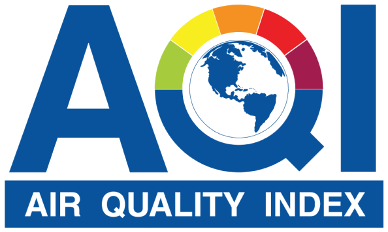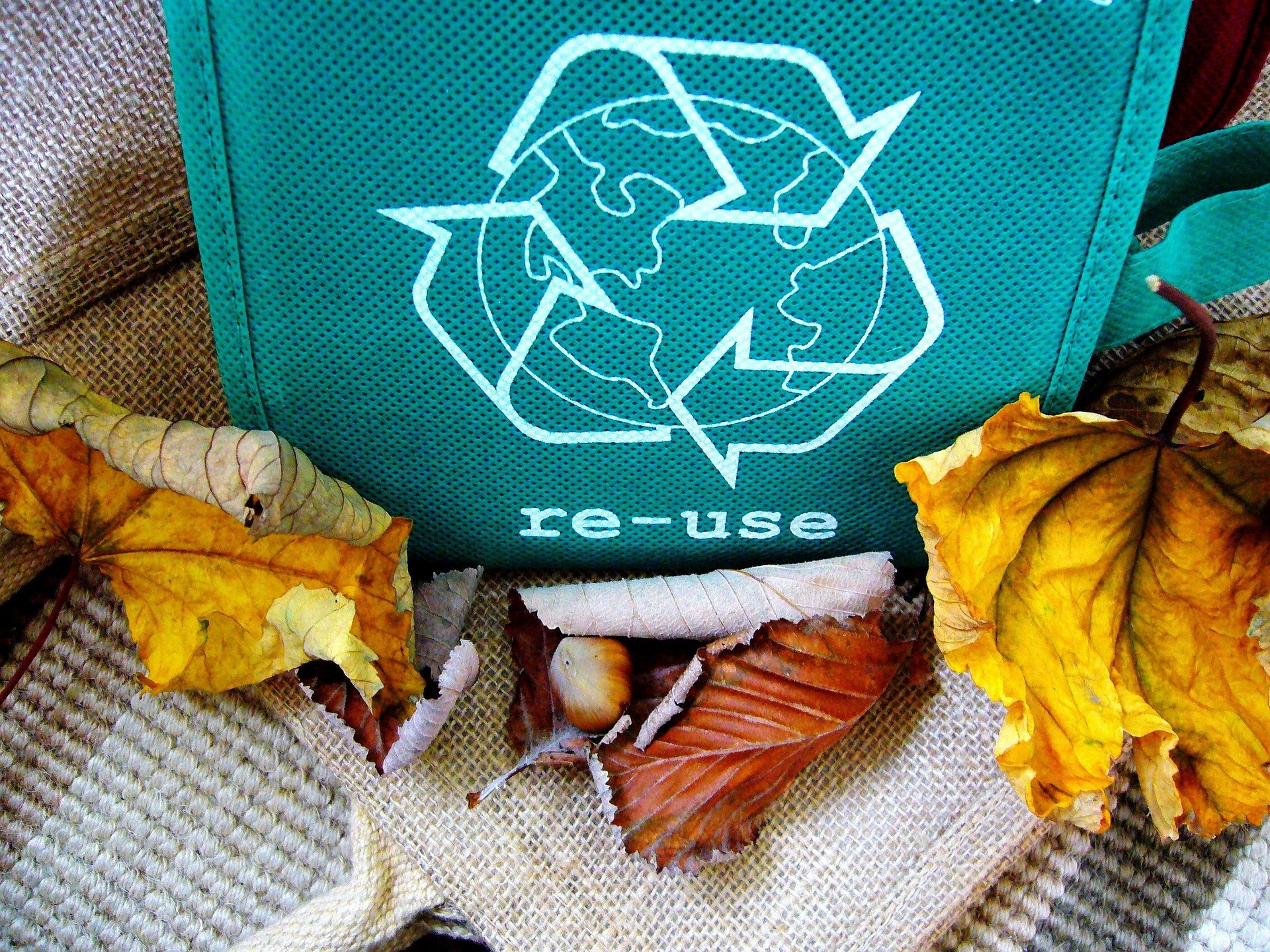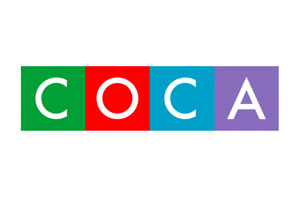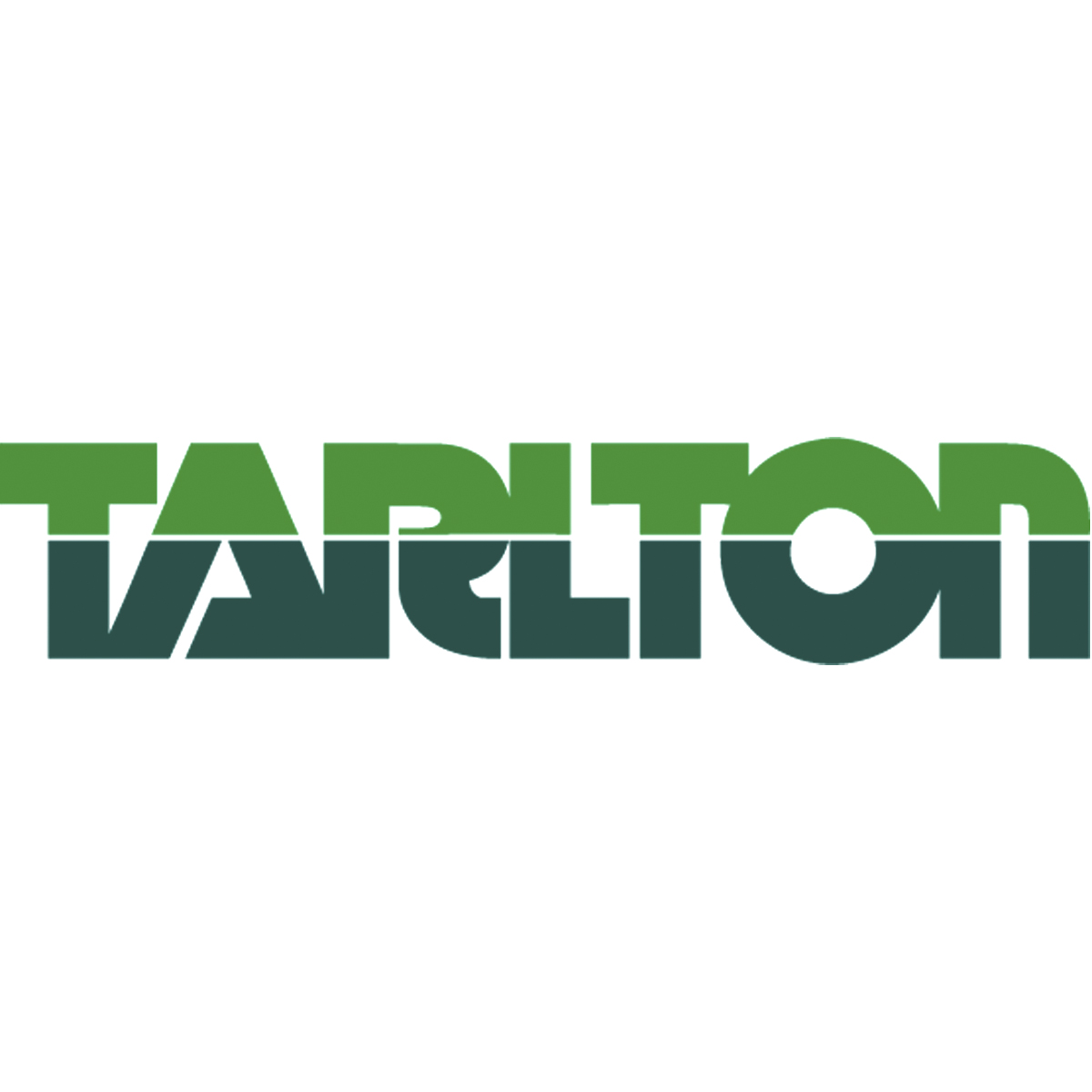As a driving force in the fight for cleaner air in the St. Louis region, the Clean Air Partnership is best known for its daily air quality forecasting. The forecasts take place over the summer months and utilize a color-coded system designed to keep area residents informed about ozone pollution levels in the region, and how those levels can affect their health. While this forecasting season began with news that the St. Louis region had once again escaped being ranked among the top 25 most-polluted cities in the U.S., we still struggle with unfavorable air quality, as St. Louis ranked 29 in the nation overall for most ozone-polluted cities.
However, a look back over the past several months reveals that our air quality remained pretty healthy during the peak ozone season. Green was the dominant color with 148 days where the air quality was good, followed by 62 yellow or moderate air quality days. Even though we experienced four orange days where the conditions were unhealthy for sensitive populations, we actually cut this number in half from last year and had ZERO red days all summer!
Despite the fact that this is positive news for the region, there is still much work to be done in the fight for cleaner air to protect our local communities from the growing risks to public health resulting from increased levels of ozone and particle pollution. The Partnership encourages area residents to remain steadfast in their efforts to take voluntary steps to reduce emissions year-round, such as taking advantage of the region’s public transit system, carpooling, vanpooling, telecommuting, avoiding idling our vehicles and combining errands into a single trip. Together, we can continue to make great strides in improving the quality of the air we all breathe!
Rest assured, air quality forecasting will resume in May 2020. In the meantime, individuals can get a head start by signing up to receive the daily forecast in their email inboxes via the Environmental Protection Agency’s EnviroFlash air quality alert system. For more information on the health effects of poor air quality and tips for doing your share for cleaner air, visit our website, like the Clean Air Partnership on Facebook or follow @gatewaycleanair on Twitter.











